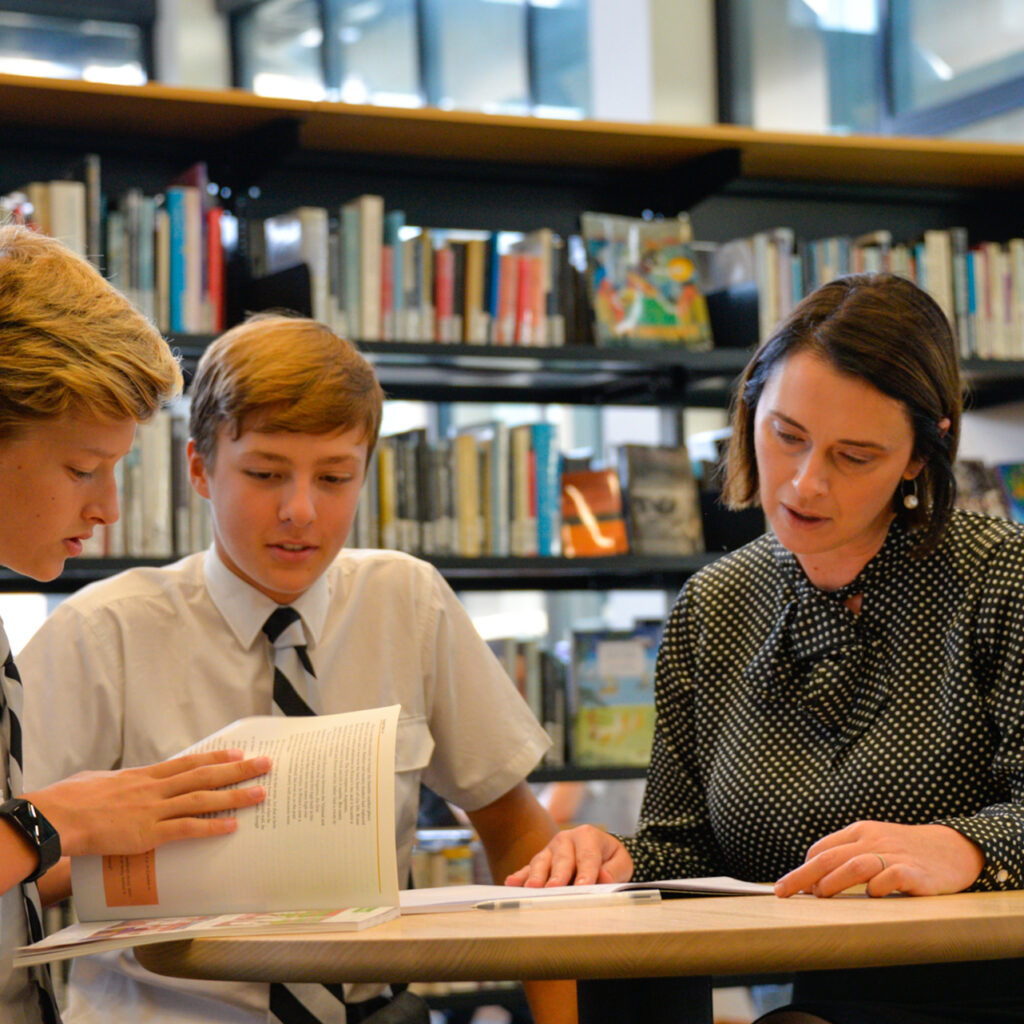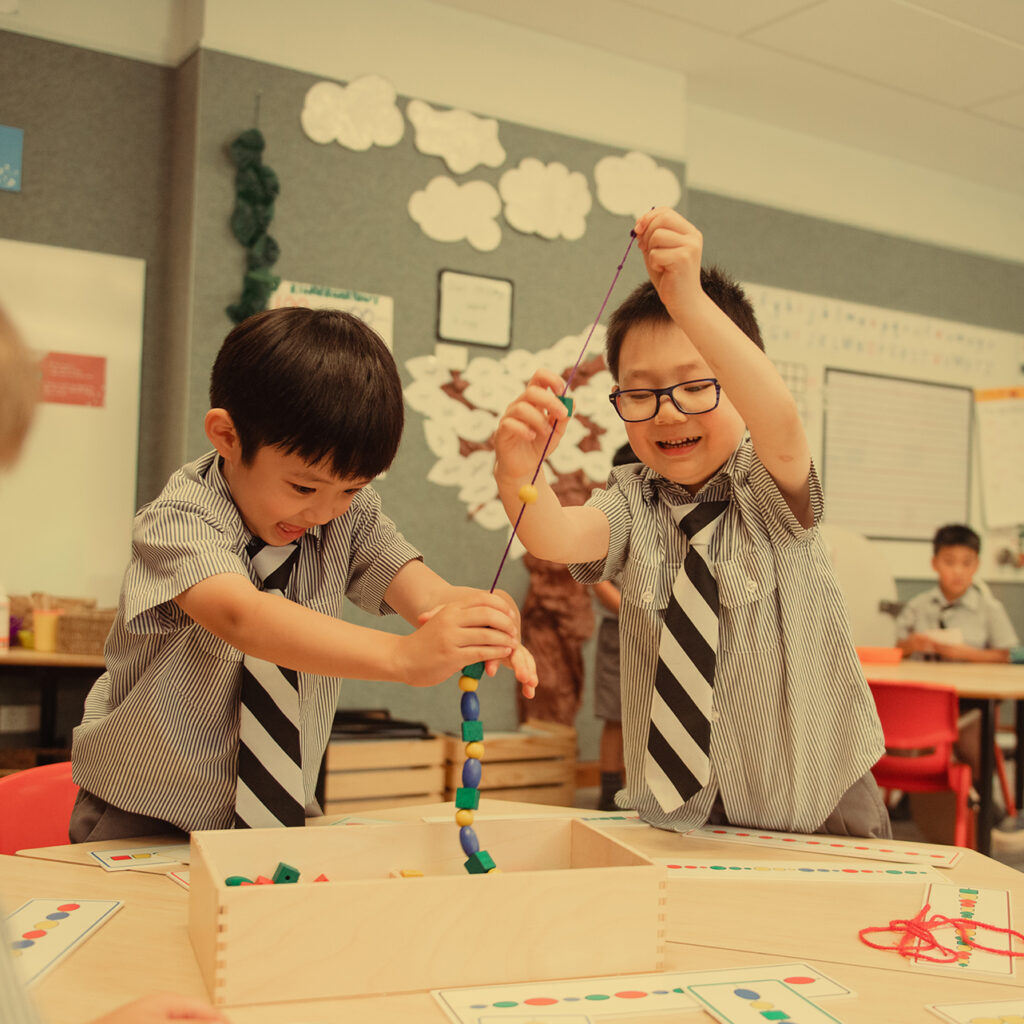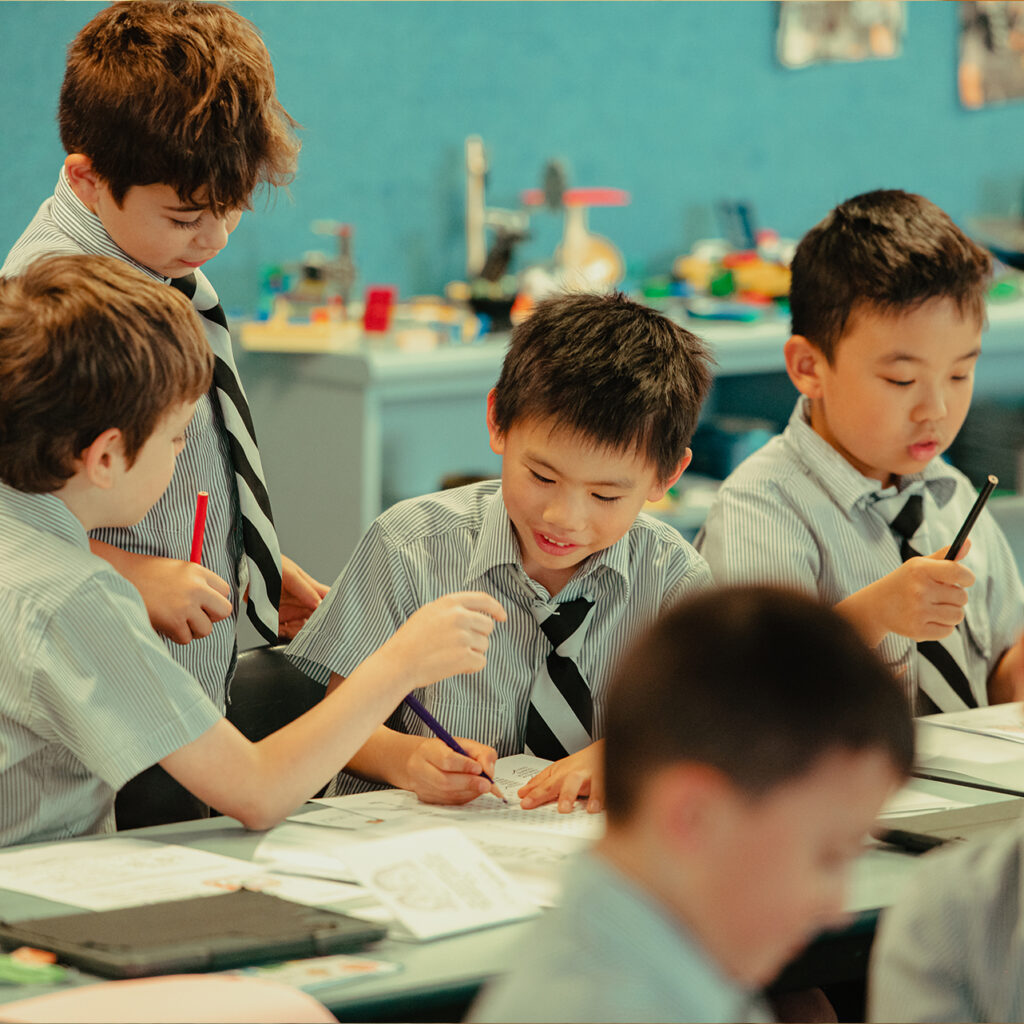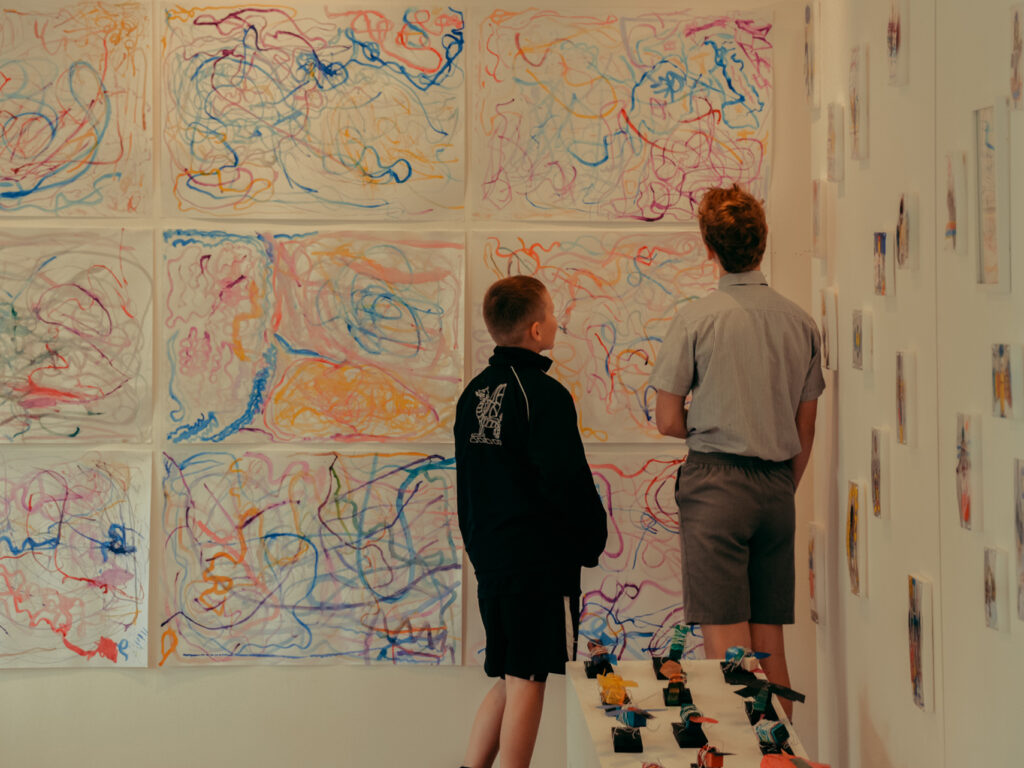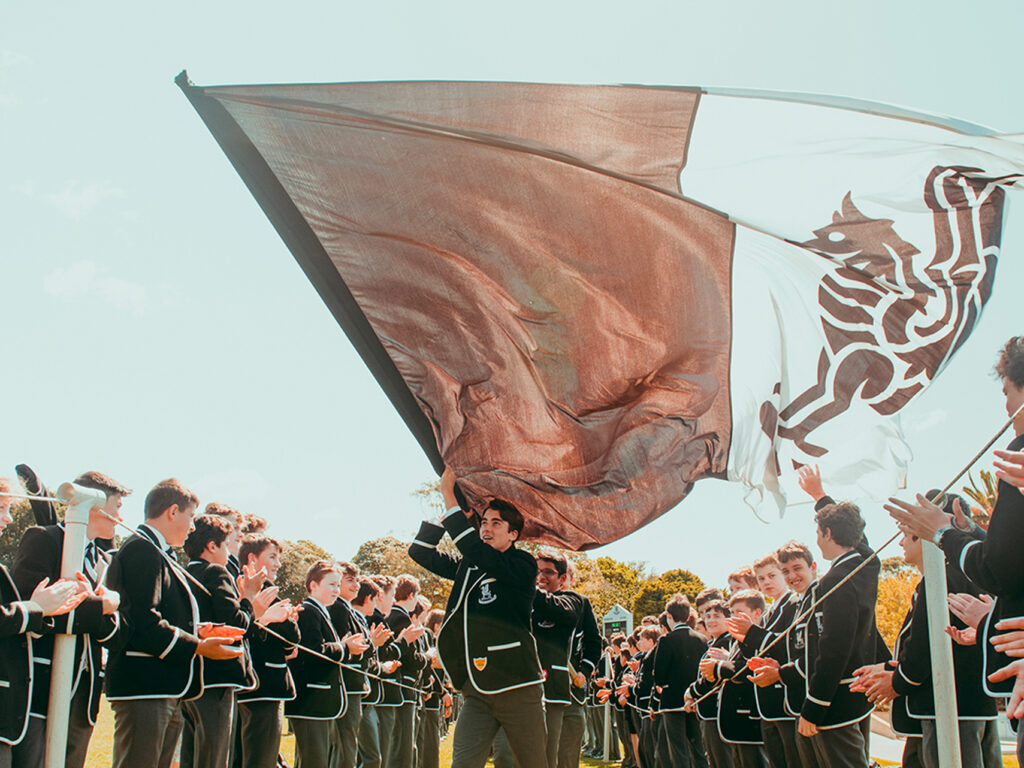Learning and Teaching
Our Learning Environments
From the first day of Kindergarten to their final term in Year 12, what and how students learn is increasingly diverse.
Our students experience diverse learning opportunities and teaching styles. Regardless of what subjects your child chooses, we will teach them in the way that best supports how they learn.
We encourage our students to experiment with different ways of learning, and then present back what they have researched, discovered, concluded or altered during their investigations.
What is important is for each student to try and experiment with ways of learning about each subject as well as ways of presenting back what they have researched, discovered, concluded or altered during their investigations.
Each student will come to understand themselves as a learner, play to their strengths and also work on developing new skills—for those inevitable times when learning is complex or difficult.

